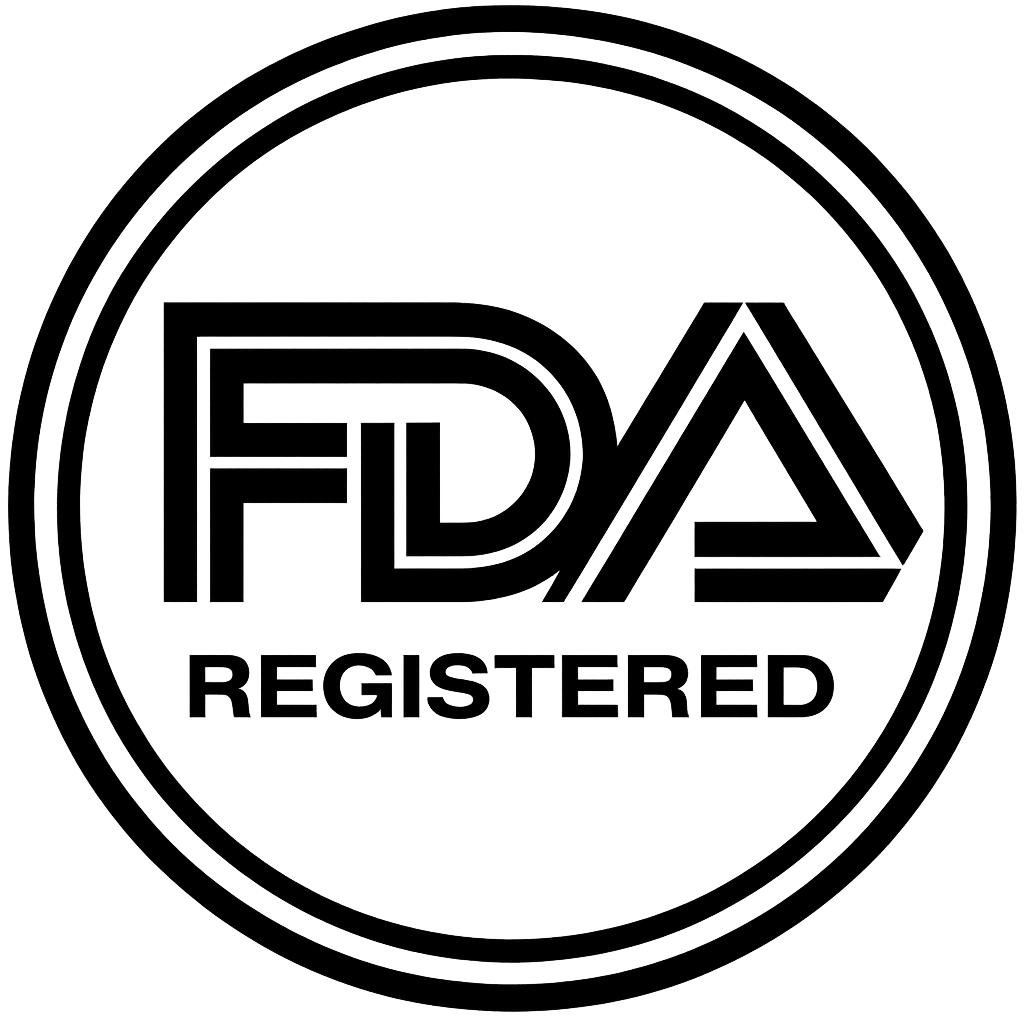Research with
Huelight technology
We have been collaborating for over a decade with leading educational and healthcare institutions.
To this day, our devices are featured in the most published research in the field of photobiomodulation.

clinical research participants
clinical research participants
clinical research participants
- All
- WB-PBM Therapy
- Hyperbaric Oxygen Therapy
- Hydrogen Therapy
- Sonicwave
- All
- Alzheimer's disease
- Brain injury
- Hemorrhage
- Lymphatic drainage
- Parkinson's Disease
- Stroke

The Effect of Hydrogen Gas on Improving Sepsis-Induced Brain Injury in Rats: A Study on Enhancing Mitochondrial Biogenesis via PGC-α Activation
The current study demonstrated that hydrogen gas therapy improved 7-day survival rates, enhanced cognitive function, and improved mitochondrial function, as evidenced by increased mitochondrial membrane potential (MMP), ATP levels, and complex I activity. Additionally, the study showed an upregulation in the expression of mitochondrial biogenesis markers, including PGC-1α, NRF2, and…
2021, Department of Anesthesiology, Tianjin Medical University General Hospital, Tianjin, China
Molecular hydrogen contributes to antioxidant, anti-inflammatory, and anti-apoptotic activities in normal
2023, Department of Pediatrics and Kawasaki Disease Center, Kaohsiung Chang Gung Memorial Hospital and Chang Gung University College of Medicine, Kaohsiung 83301, Taiwan
The Effect of Hydrogen Inhalation on Neuroprotection and Functional Outcome Improvement After Intracerebral Hemorrhage
According to the study results, hydrogen gas inhalation provides immediate protection to the brain in a mouse model of intracerebral hemorrhage (ICH)
2011, Department of Physiology and Pharmacology, School of Medicine, Loma Linda University, Loma Linda, USA
Neuroprotective Effect of Hydrogen Inhalation in an Experimental Intracerebral Hemorrhage Model
H₂ gas administration exhibits anti-inflammatory, neuroprotective, anti-apoptotic, and antioxidant effects, providing neuroprotection against early brain injury following intracerebral hemorrhage (ICH)
2018, Department of Neurosurgery, Hanyang University College of Medicine
Hydrogen gas (H₂) exhibits neuroprotective and anti-inflammatory effects in Parkinson's disease models. H₂ inhalation reduced microglial activation and inflammatory cytokines in the striatum, which was associated with a decrease in abnormal involuntary movements. This reduction is linked to decreased inflammation both in the striatum and peripherally. These findings highlight the…
2023, Department of Physiology, Ribeirão Preto Medical School, University of São Paulo, Brazil
The effects of molecular hydrogen on alleviating lung injury after traumatic brain injury: a study on apoptosis and autophagy
H₂ promotes the recovery of acute lung injury (ALI) induced by traumatic brain injury (TBI) by reducing apoptosis and autophagy, as well as mitigating inflammation. These findings provide guidance and support for the use of H₂ in treating ALI patients with TBI in the intensive care unit (ICU)
Department of Anesthesiology, The Second Affiliated Hospital of Harbin Medical University, 246 XueFu Road, NanGang District, Harbin, China, 2022
Molecular hydrogen (H₂) protects neurons from reactive oxygen species and alleviates early brain injury (EBI) following subarachnoid hemorrhage (SAH)
Department of Neurosurgery, National Defense Medical College, 3-2 Namiki, Tokorozawa, Saitama, Japan, 2010
The role of hydrogen as a therapeutic antioxidant that selectively reduces cytotoxic oxygen radicals
H₂ gas inhalation significantly reduced brain damage by counteracting the effects of oxidative stress. Due to its ability to rapidly diffuse across membranes, H₂ can neutralize cytotoxic reactive oxygen species (ROS) and prevent oxidative damage, making it an effective therapeutic antioxidant
Department of Biochemistry and Cell Biology, Institute of Development and Aging Sciences, Graduate School of Medicine, Nippon Medical School, 1-396 Kosugicho, Nakahara-ku, Kawasaki, Japan, 211-8533, 2007
The effects of hydrogen inhalation on the suppression of microglial activation and neuroinflammation in a rat model of traumatic brain injury
The study results indicate that hydrogen may provide protective effects against traumatic brain injury (TBI) by reducing microglial activation and neuroinflammation
School of Life Science and Biotechnology, Beijing Institute of Technology, Beijing Molecular Hydrogen Research Center, Beijing 100124, China, 2020
In the near future, hydrogen gas could be administered to patients in ambulances, made available through standard wall outlets in hospitals, and provided for inhalation at home after discharge
Department of Cardiology, Emergency and Critical Care Medicine, Keio University School of Medicine, Tokyo, Japan, September 2017
Molecular hydrogen inhibits glioblastoma growth and induces differentiation of glioblastoma stem cells
The current study shows that 67% hydrogen gas inhalation has an inhibitory effect on GBM. Both in vivo and in vitro studies demonstrated that molecular hydrogen can induce desirable differentiation of GSCs. Furthermore, molecular hydrogen suppresses the migration, invasion, and colony formation abilities of GBM cells
School of Life Science and Biotechnology, Peking University, Beijing 100124, China, May 2019
The unique features of hydrogen inhalation (HI) include its minimally invasive nature, ease and safety of administration, and the absence of known adverse effects. Therefore, if H₂ is proven effective, HI is expected to have the potential for widespread application in post-cardiac arrest syndrome (PCAS) patients
Department of Emergency Medicine and Critical Care, Keio University, 2015





